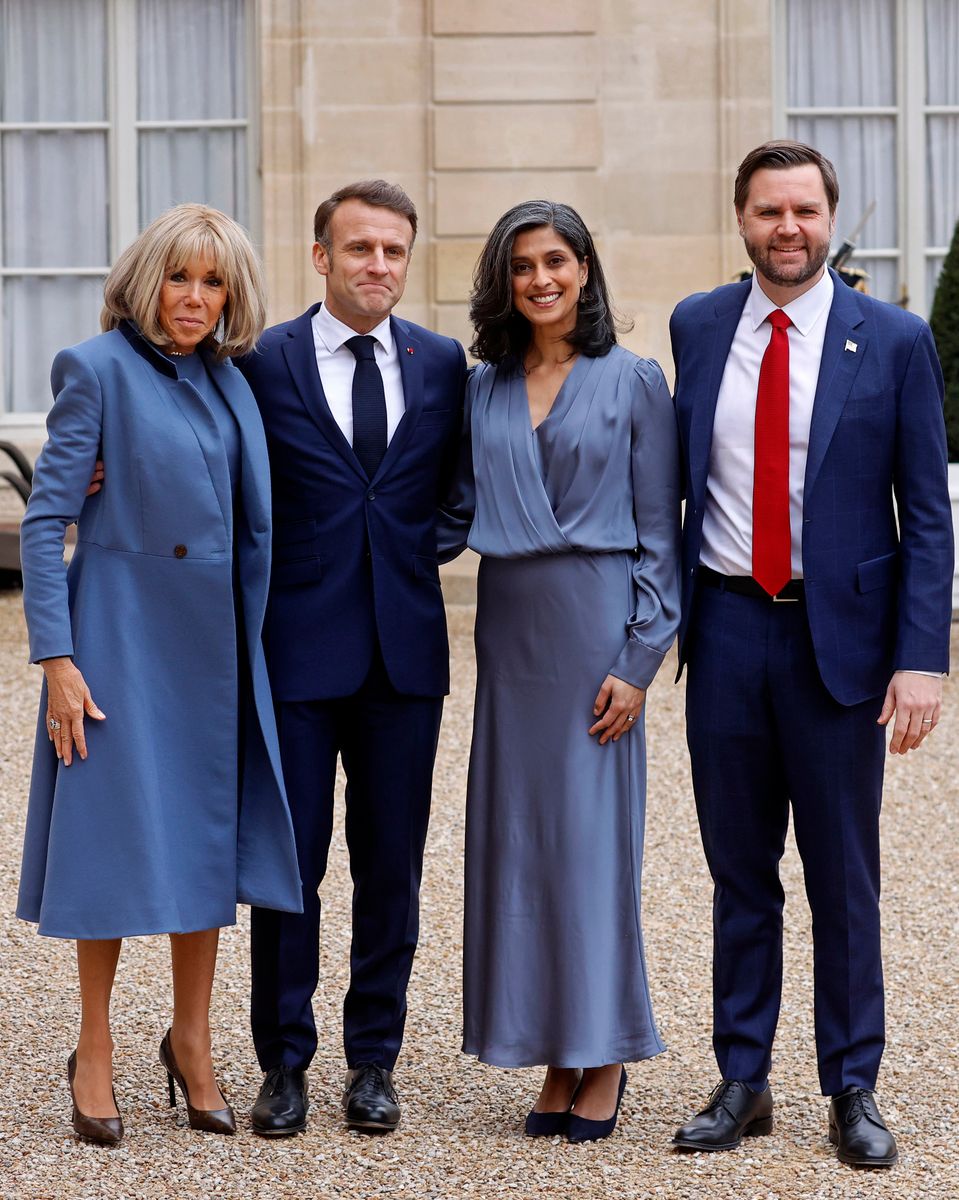Vance Warns Europe: Strengthening US Ties Could Impact Global Alliances — Here’s Why. In a world where geopolitical alliances are constantly evolving, recent statements by U.S. Vice President JD Vance have sent ripples across the Atlantic. His remarks at high-profile international forums highlight a growing tension between the United States and its European allies over issues ranging from censorship to military support within NATO. As these discussions unfold, they could reshape not only transatlantic relations but also global alliances.
Amidst ongoing debates on tech regulation, free speech, and artificial intelligence, Vance's warnings carry significant weight. They underscore the complexities of maintaining strong partnerships amidst differing priorities and values. This article delves into Vance's critique of European policies, exploring how his stance might influence future collaborations and challenge existing frameworks that govern international cooperation. By examining key moments from recent engagements, we aim to provide clarity on why strengthening US ties could impact global alliances.
In an increasingly interconnected world, the dynamics of international relationships continue to shift. Recent comments by U.S. Vice President JD Vance during major security conferences have drawn attention to potential fractures in the traditionally robust alliance between the United States and Europe. These remarks, which include criticisms regarding censorship practices and calls for reconsideration of NATO support, reflect broader concerns about diverging interests among global powers.
Vance's direct address to European leaders underscores a pivotal moment in transatlantic diplomacy. His assertions about internal threats to European security and demands for regulatory reform in technology sectors signal a recalibration of expectations from the U.S. perspective. As these issues come under scrutiny, they raise questions about the future trajectory of US-European relations and their implications for worldwide stability.
New Horizons in Transatlantic Dialogue
The discourse initiated by Vance introduces fresh dimensions to the dialogue between the U.S. and Europe. His emphasis on fostering environments conducive to innovation, particularly concerning artificial intelligence, suggests a forward-thinking approach aimed at ensuring technological leadership remains with democratic nations. This vision aligns with efforts to establish international standards that promote both progress and liberty.
Moreover, Vance's advocacy for reduced regulatory constraints reflects a belief that excessive oversight can stifle creativity and hinder advancements necessary for addressing global challenges. By championing this perspective, he positions the U.S. as a proponent of balanced governance that respects individual freedoms while encouraging economic growth through technological breakthroughs.
As conversations around AI ethics intensify globally, Vance's input serves as a reminder of the importance of harmonizing regulatory approaches across continents. Such alignment would facilitate seamless collaboration and mitigate risks associated with fragmented policy landscapes, ultimately benefiting all parties involved in shaping the digital age.
Redefining Military Commitments
The question of NATO's role in safeguarding collective security has become central to discussions following Vance's declarations. His insistence on reevaluating commitments based on shared principles like free speech highlights a pragmatic reassessment of what constitutes effective defense cooperation. For many observers, this represents a call for greater accountability within the alliance structure.
By linking continued U.S. backing to adherence to core democratic ideals, Vance articulates a clear expectation that partner nations must uphold certain standards to justify mutual protection arrangements. This stance resonates with previous administrations' critiques of burden-sharing disparities within NATO, reinforcing the need for equitable contributions towards common objectives.
Ultimately, such deliberations compel member states to reflect on their responsibilities within the framework of international security. They encourage introspection regarding national policies that may conflict with agreed-upon tenets of partnership, thereby prompting adjustments necessary for sustaining long-term solidarity against emerging threats.
Shifting Sands in North American Relations
Beyond transatlantic matters, Vance's observations extend to neighboring Canada, where Prime Minister Mark Carney acknowledges changes in bilateral dynamics. The acknowledgment that the traditional relationship with the U.S. is undergoing transformation underscores the necessity for diversifying strategic dependencies. Such shifts necessitate careful navigation to preserve regional stability amid evolving geopolitical circumstances.
Carney's warning about reducing reliance on American support indicates a proactive strategy aimed at bolstering self-sufficiency and exploring alternative avenues for collaboration. This approach seeks to insulate Canada from potential fluctuations in U.S. foreign policy orientations, ensuring sustained prosperity irrespective of external influences.
Together, these developments paint a picture of a world in flux, where established connections face scrutiny and adaptation becomes essential for enduring success. As nations grapple with these transformations, fostering resilience through diversified partnerships emerges as a critical pathway forward, emphasizing the value of flexibility and foresight in contemporary diplomacy.

